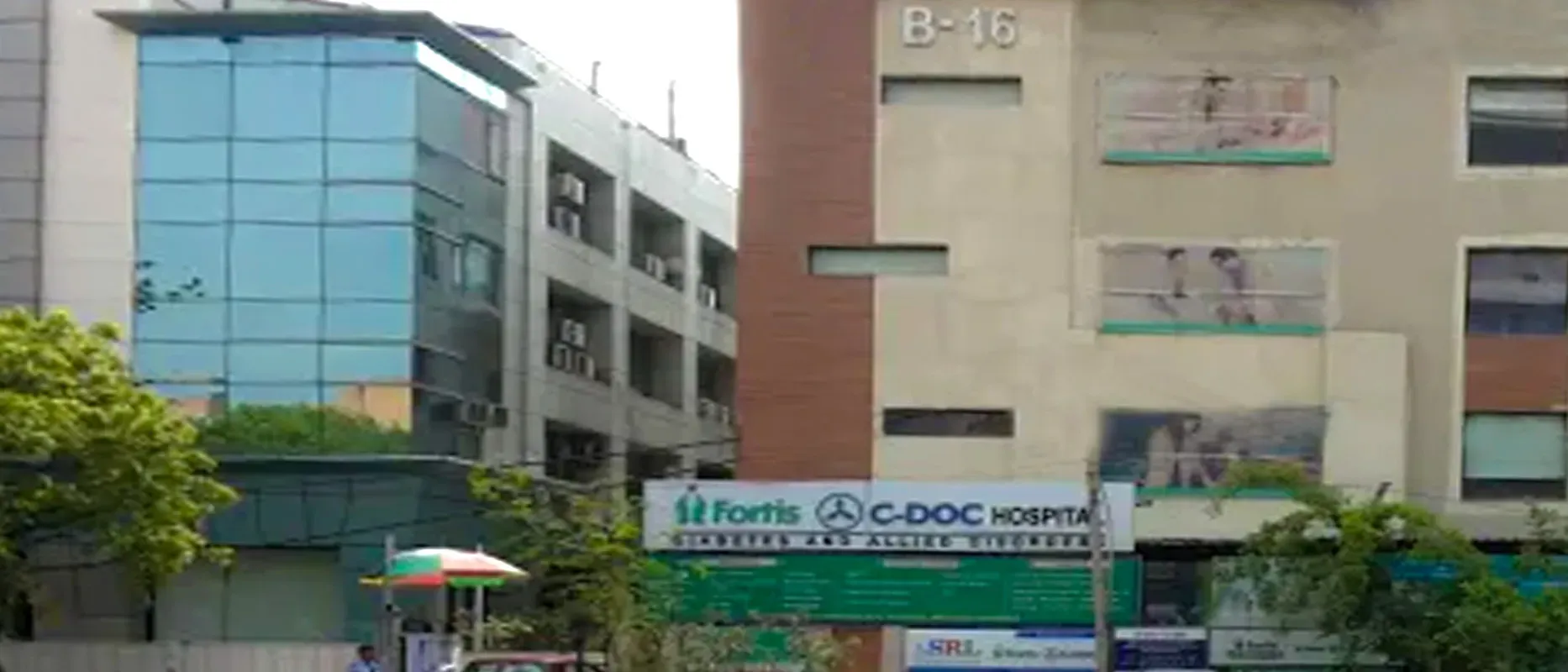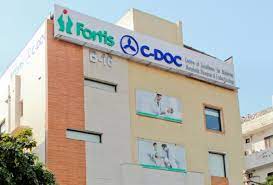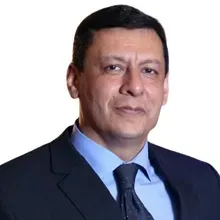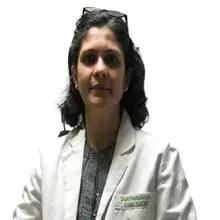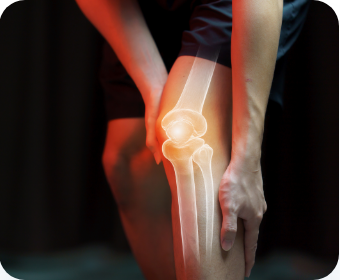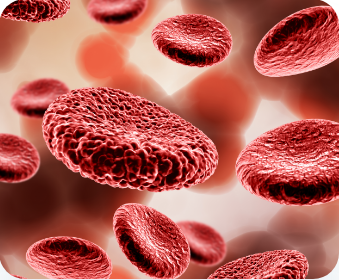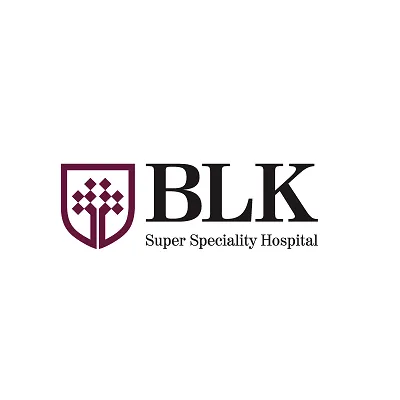Diabetes & Endocrinology : This department focuses on diagnosing, managing, and preventing diabetes and hormone-related disorders like thyroid problems, adrenal insufficiency, and pituitary gland issues.
Type 1 Diabetes Clinic : Provides specialized care for individuals with type 1 diabetes, which is an autoimmune condition where the body cannot produce insulin.
Type 2 Diabetes Clinic : Caters to patients with type 2 diabetes, the most common form, often linked to lifestyle factors and genetics. This clinic helps manage the condition through medication, diet, and lifestyle changes.
Insulin Pump Clinic : Educates and supports patients on using insulin pumps, which deliver continuous insulin throughout the day to manage blood sugar levels effectively.
Diabetic Foot Lab : Deals with preventing, diagnosing, and treating foot problems associated with diabetes, which can lead to serious complications if neglected.
Dietetics & Clinical Nutrition : Offers personalized dietary advice and nutritional support to patients with diabetes and other conditions to manage their health through proper eating habits.
Male Sexual Disorders Clinic : Addresses sexual health concerns in men, potentially linked to diabetes or other hormonal imbalances.
Podiatry/Diabetic Foot Care : Provides preventive and therapeutic foot care specific to diabetic patients to maintain healthy feet and prevent complications.
ENT/Otorhinolaryngology : Deals with ear, nose, and throat disorders, which can sometimes be linked to hormonal imbalances or systemic conditions like diabetes.
Endocrinology : Specializes in diagnosing and treating hormone-related disorders affecting various body functions, growth, development, and metabolism.
Eye/Ophthalmology : Addresses eye conditions, as diabetes can increase the risk of certain eye problems like diabetic retinopathy.
Cardiology : Deals with the heart and circulatory system, as diabetes can significantly increase the risk of heart disease and stroke. This department manages cardiovascular health in patients with diabetes.
 Fortis C-DOC Hospital Location and Address
Fortis C-DOC Hospital Location and Address
B-16, Nehru Place Flyover, Greater Kailash, opp. Devika Tower, Chirag Enclave, 110048 , New Delhi, India
- Multiple Stay Options around the Hospital Starting USD 20 - 30 Per Day
- Lot of Options for Shopping and Food within 1 - 2 KM of the Hospital
 Google Map
Google Map
 Airport
Airport
 Taxi
Taxi
Available at your Doorstep.
On Call











